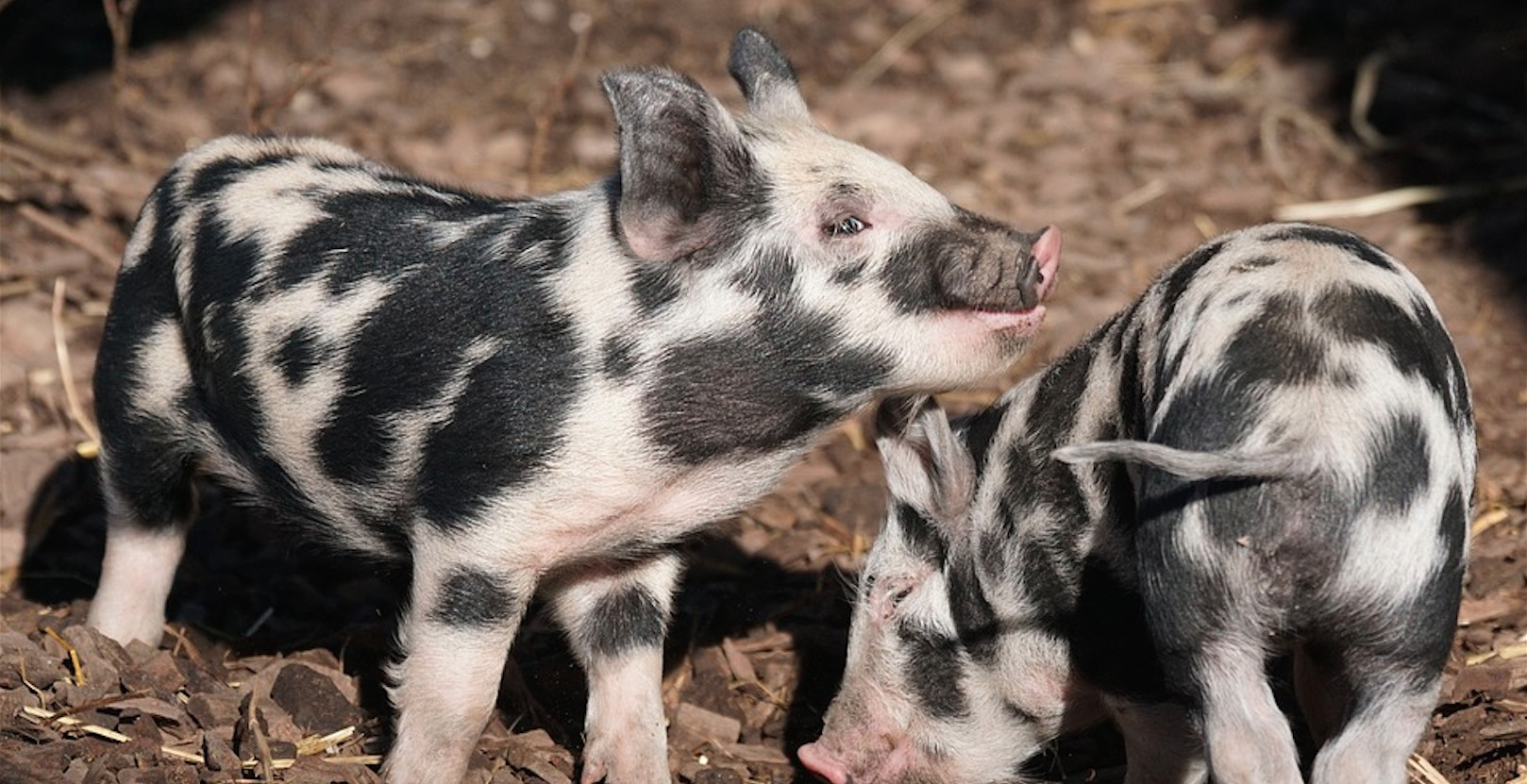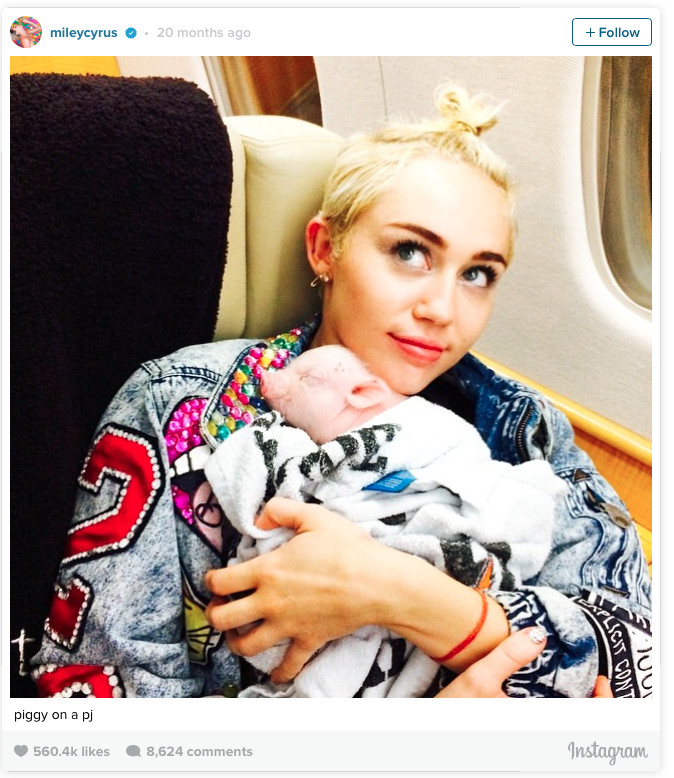Breaking: Pigs like cuddles too

We get a boost in oxytocin or ‘love hormone’ levels after cuddling or positive interaction, now a world-first study shows pigs work the same way
Published 28 April 2016
The hormone oxytocin hits the news regularly as the ‘love’ hormone. It’s known to strengthen the bonds between people, make us feel good and goes into overdrive during sex, birth, hugging and kissing. But as it turns out, we’re not the sole benefitters of this ‘love hormone’.
Our new study out of the University of Melbourne’s Animal Welfare Science Centre shows for the first time that pigs release the same hormone when they’re petted and spoken to kindly.
It suggests a good relationship with your pet pig, dog or cat affects not just you, but them as well.

The study showed that interacting in a positive way with a pig for just 15 minutes led to the release of oxytocin in the pigs’ brain.
The increase in oxytocin depended on how much the pig liked contact. The more social pigs, approaching and interacting more, got the highest rise in oxytocin. The more interactions, the more oxytocin.
It’s not the first study to look at oxytocin in animals.
Last year, a study out of Japan found higher levels in both dog’s and owners’ urine oxytocin following positive interactions.
It opens up the question: if dogs and pigs feel better with some pats and sweet-talk, what other animals might too?
The new trend in animal welfare science is to identify signs of positive emotions in animals, or situations leading to positive animal welfare, a life worth living. However, it has been difficult to find positive indicators of welfare.
It turns out it is easier to measure the negatives, probably because they have a higher survival value.
However, this study showed that oxytocin in the brain increased following positive contacts with humans. Hence, brain oxytocin may be the first positive indicator of a good human-animal relationship.
These findings actually support ProHand, a behavioural training program developed by the Animal Welfare Science Centre, which improves people’s positive attitudes and behaviours toward animals and results in better animal welfare and productivity.

Another interesting finding from our study was the length of the effect of interaction: a brief 15 minute interaction led to long lasting release of brain oxytocin for over two hours. So the oxytocin release outlasted the contact per se.
The effects of the hormone oxytocin are incredibly conserved across mammals. Therefore, it would not be surprising that positive interaction with other domestic animals, our pets for example, result in the same release of oxytocin in their brain.
By just interacting with your pet for a few minutes a day, but often, you promote the long lasting release of this feel good hormone (and probably them liking you, since oxytocin is known to preserve bonds).
Looks like Sir Winston Churchill was a man of many wise words. He once said: ”I am fond of pigs. Dogs look up to us. Cats look down on us. Pigs treat us as equals.”
